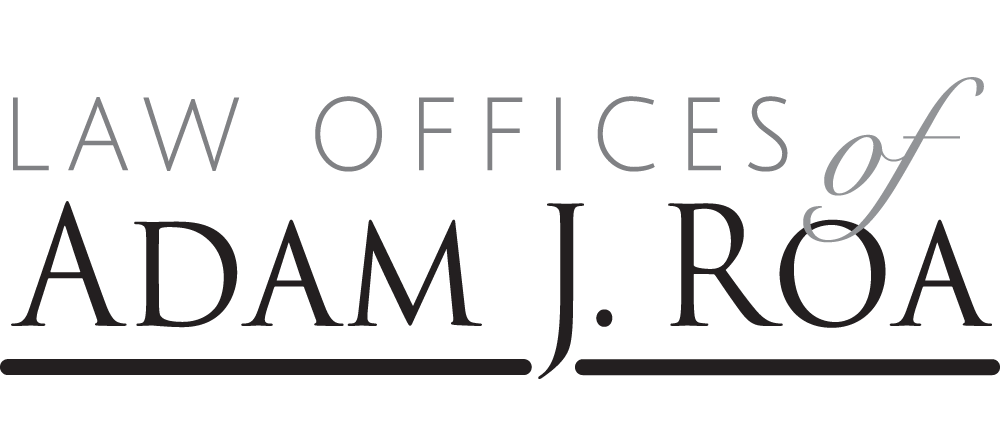Medicaid Asset Protection
Medicaid Asset Protection from Nursing Home Expenses One of the most often used techniques to protect assets for a single individual is the use of the “controlled gifting” technique. With this technique the higher the fixed income and lower the nursing home costs the greater the savings. This technique involves controlled gifting and most likely the use of…
